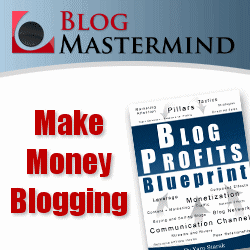During an uptrend market like the current, you may consider to invest in an index linked security (alternatively also known as tracker fund) instead of trying to pick the right stock. An index linked security essentially links its performance according to the broad market index performance, such as Dow Jones Industrial Index or Malaysia's FBMKLCI. Locally in Malaysia, there are many index-linked unit trust funds available in the market. However, before you consider parting your money in an index-linked Fund, understand your cost of investment and consider the alternative such as ETFs (Exchange Traded Funds).
ETFs are baskets of securities that trade like stocks on an exchange and are designed to track the performance of an index. Examples are FBM KLCI ETF Fund and MyETF Dow Jones Islamic Market Malaysia Titans 25, the first Syariah compliant ETF in Asia.
Investors who want to buy an index linked unit trust fund may be better off buying the ETF which does exactly the same. The obvious benefit is that the cost of ETF is cheaper. This is because there are no management and upfront fees, unlike unit trusts.
The upfront fees for unit trust in Malaysia on average is about 3% to 5% but could be as high as 7%!
Besides, a unit trust fund may charge up to 1.5% a year on management fee, which is much higher than the 0.5% charged by the FBM KLCI ETF.
Buying ETF is exactly the same as buying a stock, with the same lot size of 100 units. Unlike unit trust, buying and selling ETF is easy and traded real-time. Dividend is also distributed by ETFs generally on a half yearly basis.
So next time when you were to be approached by unit trust salesperson, find out about the cost of investment first. Don't let the hidden charges affect your fund performance.
Tuesday, September 8, 2009
Exchange Traded Fund vs Mutual Fund (Unit Trust)
Subscribe to:
Post Comments (Atom)







No comments:
Post a Comment